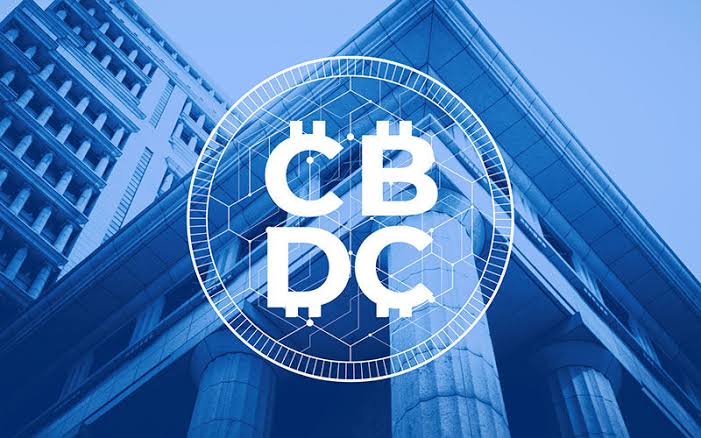CBDC: A Pandora's Box of Dystopian Possibilities?
The intersection of technology and finance has long been touted as the ultimate driving force of economic modernization. Central Bank Digital Currencies (CBDCs), led by the pioneering digital yuan in China, are part of this transformation. However, there's a dystopian underside to this progress that could dramatically reshape

The intersection of technology and finance has long been touted as the ultimate driving force of economic modernization. Central Bank Digital Currencies (CBDCs), led by the pioneering digital yuan in China, are part of this transformation. However, there's a dystopian underside to this progress that could dramatically reshape the very fabric of society. As Europe stands on the brink of launching its own CBDC, it's crucial to dissect the potential impacts on the everyday lives of its citizens.
Surveillance and Instant Justice: Life Under CBDC?
CBDCs are not just digital currencies; they're a tool of governance and control. With China's model, the coupling of the digital yuan with a digital ID system has created a situation of unprecedented surveillance. Imagine a world where a surveillance camera catches you speeding, and instantly, a fine is deducted from your digital wallet. There's no court, no appeal, no due process - just instant justice.
Now, extend that to every aspect of your life. Got a parking ticket? Instant fine. Late on your taxes? Instant deduction. More troublingly, this could potentially extend to controlling your purchasing behaviors based on government-defined acceptable norms. Buy too much fast food or alcohol, and you could be penalized. Your financial life becomes completely transparent, tracked, and controlled.
The Digital Iron Curtain: CBDC in Europe?
As the European Central Bank (ECB) explores the launch of a digital euro, the implications of such surveillance and control should be considered carefully. While the benefits of a CBDC — such as increased efficiency, lower costs, and fostering financial inclusion — are substantial, they should not come at the cost of privacy and personal freedom.
Given the EU's commitment to privacy rights — underscored by regulations like the General Data Protection Regulation (GDPR) — the prospect of a CBDC linked to a digital ID system is a contentious issue. The European model will need to steer clear of the 'surveillance state' model, integrating stringent data protection standards to prevent the Orwellian scenario seen in China.
Conclusion: A Call to Vigilance
The digital transformation of money is a double-edged sword. On the one side, there are remarkable benefits such as efficiency, inclusivity, and cost-effectiveness. On the flip side, there is a real danger of creating a surveillance state where every transaction, every purchase, and every financial misdemeanor is tracked, traced, and instantly penalized.
As Europe moves towards launching its own CBDC, the lessons from China's experience are stark. It's not just about embracing digital finance; it's about shaping it to preserve our democratic values, personal freedoms, and privacy. The future of money is undoubtedly digital, but it should not pave the way for a dystopian reality.




